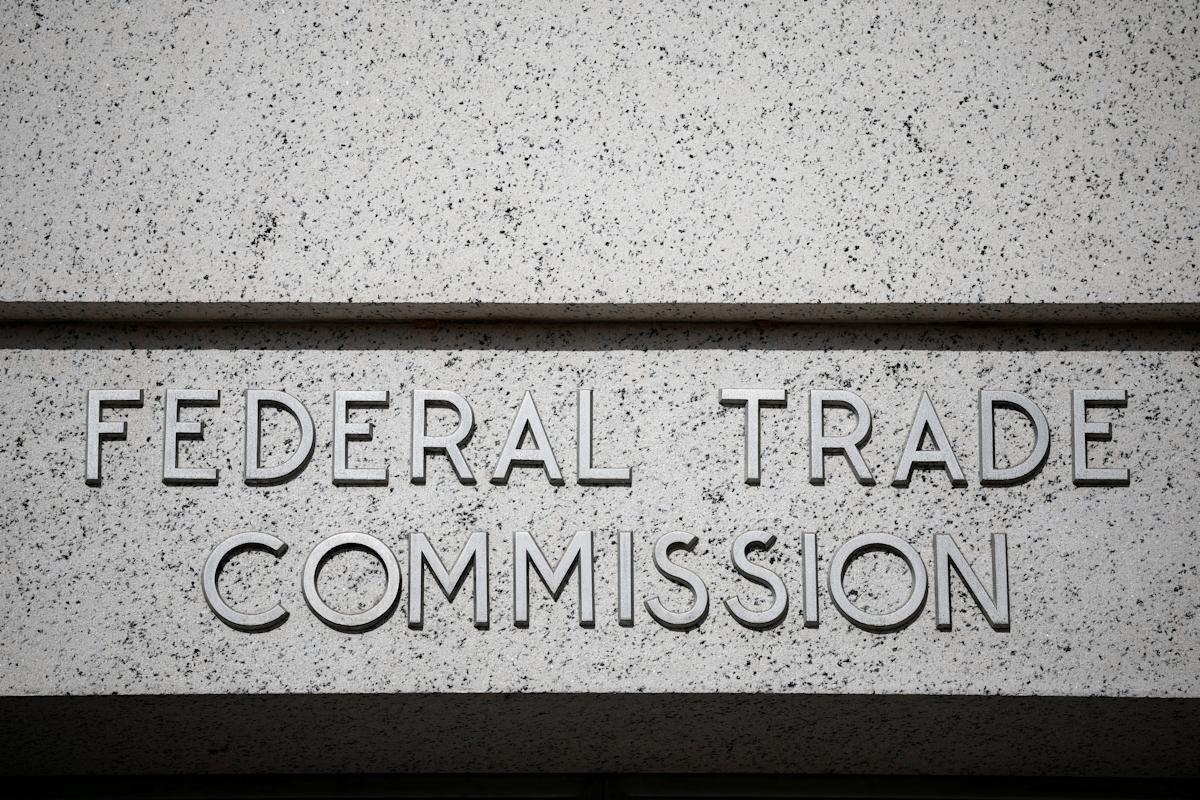FTC probes ad auction practices at Google and Amazon

Key Points
- FTC investigates potential misleading practices by Google and Amazon in ad pricing.
- The probe examines auction‑style ad sales, including Google’s search auctions and Amazon’s real‑time listings auctions.
- Amazon’s use of "reserve pricing" and whether it was disclosed to advertisers is under review.
- Google’s internal pricing process is being scrutinized for possible hidden cost increases.
- The investigation is part of broader federal scrutiny of big‑tech companies.
- FTC Chair Andrew Ferguson cites big‑tech oversight as a top agency priority.
The Federal Trade Commission is investigating whether Google and Amazon misled advertisers about pricing and terms for their online ads. The probe focuses on the auction-style sale of ad space, including Google's automated search auctions and Amazon's real‑time listings auctions. Regulators are examining Amazon's use of "reserve pricing" and Google's internal pricing processes to determine if advertisers were kept in the dark about price floors or hidden cost increases. The FTC investigation adds to broader federal scrutiny of big‑tech firms, following other antitrust actions involving Google.
FTC Investigation Targets Google and Amazon Advertising Practices
The Federal Trade Commission has opened an investigation into the advertising operations of Google and Amazon. The agency’s consumer protection unit is examining whether the two tech giants misled advertisers regarding the pricing and terms of their ads.
Both companies sell ad space through rapid, auction‑style mechanisms. Google runs automated auctions that trigger after a user enters a search query, completing in less than a second. Amazon places ads within its product listings using real‑time auctions that appear as “sponsored listings” or “sponsored ads” to shoppers searching for specific items.
The FTC’s inquiry centers on two key concerns. First, it questions whether Amazon disclosed a “reserve pricing” model for some ads—a price floor that advertisers must meet before securing placement. Second, the agency is reviewing Google’s internal pricing processes to determine if the company surreptitiously increased ad costs without informing advertisers.
These actions come amid heightened federal attention on large technology firms. While the FTC focuses on consumer‑protection issues, other agencies have pursued antitrust cases against Google, including a lawsuit by the Department of Justice that alleged monopoly power in online ad technology and a separate case involving Google’s Chrome browser.
FTC Chair Andrew Ferguson has highlighted big‑tech scrutiny as a top priority for the commission. The investigations occur against a backdrop of tech CEOs seeking favorable relations with U.S. policymakers, including efforts to court political leaders with promises of investment and other incentives.